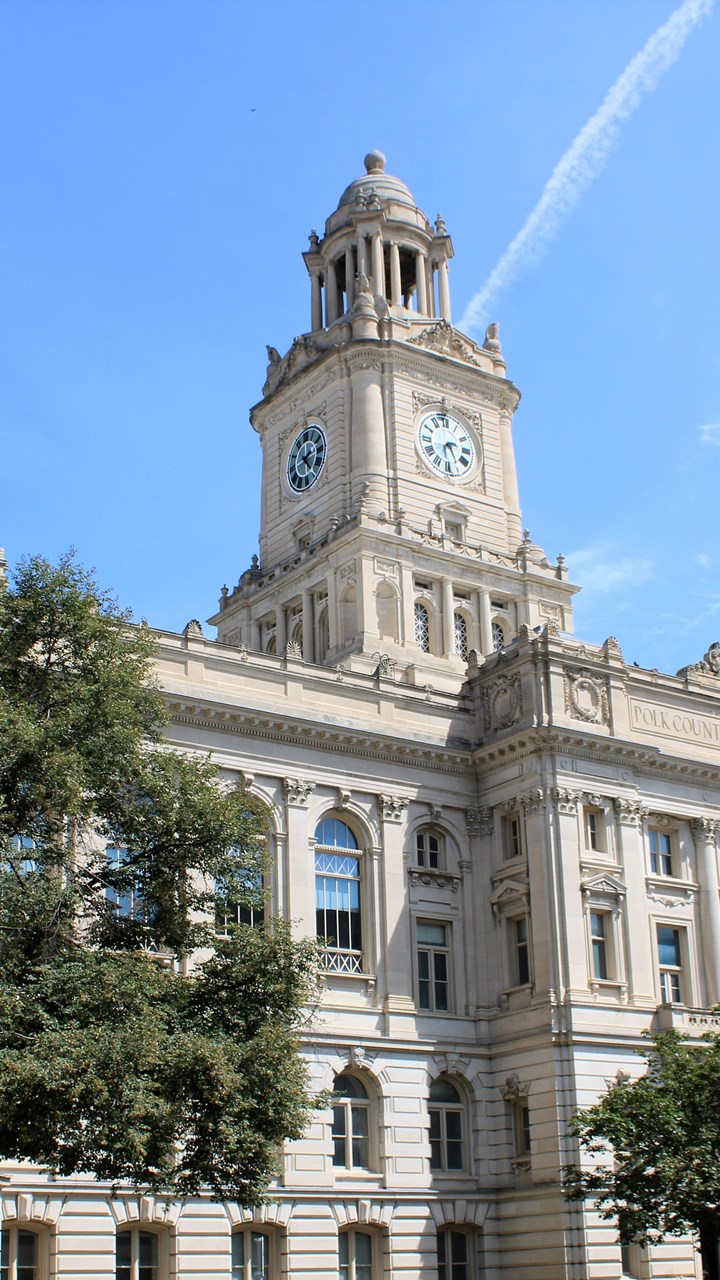Programs and Resources
Restorative Justice Center
What is Restorative Justice?
Restorative Justice is a new way of thinking about crime and criminal justice. It views crime as an act of harm against individual victims and members of the community — not simply as a violation of the law. Restorative Justice offers opportunities for victims, communities, offenders and the justice system to work together to identify and repair the harm caused by crime.
As victims hold offenders accountable and offenders take responsibility for their actions, they both begin a healing process.
Definitions of Restorative Justice
Restorative Justice is a philosophical framework which has been proposed as an alternative to the current way of thinking about crime and criminal justice. Restorative Justice emphasizes the ways in which crime harms relationships in the context of the community. (Minnesota Dept. Of Corrections).
Restorative Justice gives priority to repairing the harm done to victims and communities, and offender accountability is defined in terms of assuming responsibility and taking action to repair harm. (Pennsylvania Juvenile Court Judges Commission).
The concept of Restorative Justice is a new paradigm for doing justice that starts at the grassroots with ordinary members of the community as well as victims and offenders...inclusive of all whose lives are affected by wrongdoing. (Ottawa, Ontario Church Council on Justice and Corrections).
Authentic restorative justice is a sound, comprehensive understanding of the relationships affected by crime that recognized that the criminal justice system must focus on the full circle of injuries, needs and responsibilities or crime victims, offenders, the community, and the government. (Restorative Justice Institute).
Restorative Justice is a way of dealing with victims and offenders by focusing on the settlement of conflicts arising from crime and resolving the underlying problems which cause it. It is also a way of dealing with crime in a rational, problem solving way. Central to Restorative Justice is the recognition of the community, rather than criminal justice agencies, as the prime site of crime control. (Tony Marshall, author and researcher from Great Britain).
Restorative Justice refers to justice processes that create or restore equity; that “make things right”. (John Wilmerding).
Restorative Justice Signposts
We are working toward restorative justice when we....
- focus on the harms of wrongdoing more than the rules that have been broken.
- show equal concern and commitment to victims and offenders, involving both in the process of justice.
- work toward the restoration of victims, empowering them and responding to their needs as they see him.
- support offenders while encouraging them to understand, accept and carry out their obligations.
- recognize that while obligations may be difficult for offenders, they should not be intended as harms and they must be achievable.
- provide opportunities for dialogue, direct or indirect, between victims and offenders as appropriate.
- involve and empower the affected community through the justice process, and increase its capacity to recognize and respond to community bases of crime.
- encourage collaboration and reintegration rather than coercion and isolation.
- give attention to the unintended consequences of our actions and programs.
- show respect to all parties including victims, offenders & justice colleagues.
CRIMES WOUND ... JUSTICE HEALS
Guiding Principles of Restorative Justice
- Crime is an offense against human relationships.
- Victims and the community are central to the justice process.
- The first priority of the justice process is to assist victims.
- The second priority is to restore the community, if possible.
- The offender has personal responsibility to victims and to the community for crimes committed.
- Stakeholders share responsibility for restorative justice through partnerships for action.
- The offender will develop improved competency and understanding as a result of the restorative justice experience.
Restorative Justice Practices
- Restitution
- Victim Impact Statements
- Community Service
- Victim Awareness Classes
- Offender Panels
- Victim Impact Panels
- Family Group Conferences
- Sentencing Circles
- Community Restorative Boards
- Victim Offender Dialogue (VOD)
The Restorative Justice Center
Originally known as the Neighborhood Mediation Center, the Polk County Attorney’s Office - Restorative Justice Center was opened in the early 1980's to help community members to resolve neighborhood disputes by using the mediation process. The name was changed in the early 1990's as the center expanded to meet the needs of the community.
Today, the Restorative Justice Center encompasses a wide range of services including Civilian Intake, Mediation Services, Victim Offender Dialogue, Youthful Supervision Program, Truancy Court Program, and Juvenile Victim Offender Mediation Program.
To obtain more information about these services, you may contact the Polk County Attorney’s Office - Restorative Justice Center:
Polk County Attorney’s Office, Restorative Justice Center222 Fifth Avenue
Des Moines, IA 50309
(515) 286-3737
FAX (515) 323-5254
